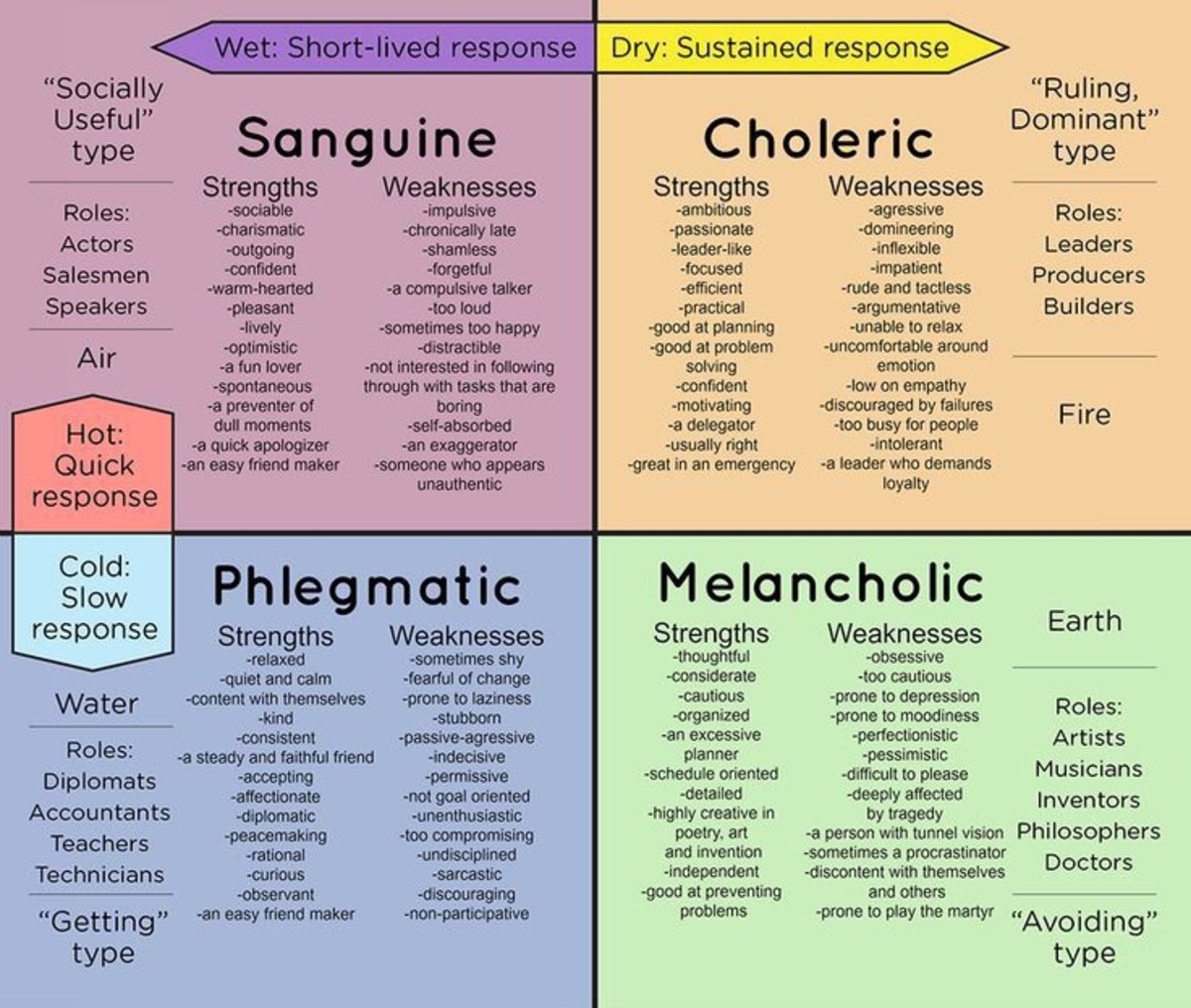Why Young Adult Romance Is so Difficult
If you are a young adult who is confused about your romantic relationships—join the crowd. At one time or the other, almost anyone between 18 and 34 feels either burned out, blown out, or just does not care about love and serious romantic relationships. There are lots of reasons for this.

Young adult love is very confusing
1. Every new relationships starts at square one. Since there are no standards for relationships, each one will be different. Young people cannot even agree on what constitutes a relationship or what actually is a date. So when you get together with someone, you have to talk about what it is the two of you are trying to achieve. Love? Orgasm? Escape? If you can’t get your negotiation skills up to par—or are just shy—then you’ll be stuck in relationship limbo.
2. You don’t really feel like an adult. In this globalized technocratic world, there are no standards to measure what it takes to become an adult. You might think it’s a college degree. Yet the job you get might not pay enough to get you out of having three roommates and riding the bus or Uber. How can you be serious about romantic relationships under those conditions? It can make you just think about yourself, first, and about love and marriage some other day. Yet, you still will have romantic relationships, because it’s instinctual. We’re programmed to do it.
3. It Is almost impossible to find a partner for a serious relationship. In fact, it is so difficult to find a serious partner that many have become ambivalent about love. Others say that singlehood may be the way to go. Yet the majority of young adults expect that a partner will appear in their lives at about age thirty—when they are ready for it. Until then, the world commitment is just not in your vocabulary. That is something for older people, anyway.
4. The power of singlehood is ever present. That is because there is a large segment of the population that is single. This makes it seem like there is some sort of liberating power in singlehood. Many young adults take this as a signal to put off serious relationships and marriage indefinitely. It almost seems fulfilling just to hang with your friends and forget about finding a soul mate.
5. Your parents are of little help. Parents generally occupy a different social world from their children. So they don’t understand what you’re going through. Sure, parents often let young adults live at home. But they really don't understand them. Meanwhile, the whole society seems to be focused on finances, watching TV, and fiddling with cellphones and tablets. That leaves you to turn to your friends for advice. That helps at times to guide you or ease your anxiety and emotional pain. But it still leaves you feeling uneasy about your future. So you’re cramming like crazy to get financial independence, or you’ve gone back to the bar to hook up with no strings attached—unless you’ve simply zoned out from society. Either way, it makes romance tough.
Commitment is Not a Word Commonly Used by Young Adults
Relationship Styles Have Changed
1. Half of what you learned about serious romantic relationships growing up is outdated. The world has changed. It’s really not the same place as when you were born. And about as soon as you get a new idea about how to make a romantic relationship work, it gets old. You might have thought, for instance, that sending texts to your sweetheart was cool and would keep you two together. But your lover may think that texts are just chit chat. If a relationship doesn’t go deeper than that some people will just dump you from facebook, block your texts, and move on. Then again, other lovers won’t even share their true thoughts with you, as if getting close was uncool.
2. In the young adult world relationships are mobilized. People are on the go and so is their romance. Both partners are moving while texting or calling on their cells. This takes place in the context of an online social world. At the center of all this activity, friends often act as coaches for each other’s relationships, and group activities often replace dating. So with your lover always on the go, and never tied down, you end up trusting your friends more than your lovers. It seems like your friends are in it for the long run, anyway, whereas your lovers seem to be just passing through. Yet after you reach 30, the compromises you learned to make in order to not to lose friends will be the same strategies that you will use so you don’t lose your lover.
3. We’re all becoming experts at bouncing around from one thing to another with computers and mobile devices. But we’re really not learning much from it. That’s because it uses that part of the brain that is made for shifting focus from one thing to another. This happens with our communications with our partners. People shift focus from one thing to the text or video communication with our partner just like we do when bouncing around before hand. Emotions are lost even with face time. That's because we shift focus afterwards to another game or text and forget about what just happened. This all does nothing to use and enhance the other part of the brain that stores knowledge and uses it to execute plans. This shakes up our ability to look into the future and imagine what we will need. It’s no wonder, then, that so many people are attempting to do their love life with this same lack of focus, especially when they try to do all their connecting on social media.
The World Has Changed
1. Marriage is for older people. Why would you get married when you can rock coast to coast with millions of singles? And who needs to get close to anyone when you can be sex mates for the night with no strings attached? These questions cross almost everyone’s mind. Yet most of young adults burn out on the single life by age 30. That’s when people want deeper connections to real people, rather than mashing it at a concert. But that doesn’t mean you're going to do much about our current situation. That might include living with your parents. So some days you feel like are floating between adolescence and adulthood. Even when you are living with someone you care about you don't often talk about commitment. As one 25-year-old said, "Commitment to what? To wait five years for my boyfriend to grow up?"
2. There are very few male role models. Young men are not all that sure of what role they are supposed to play in today’s relationship environment. They face changing expectations from their friends, families, and female partners. Their fathers often appear to live in a different world and cannot offer much in the way of targeted emotional support. In response to this situation, many young adult men move cautiously when starting serious long-term relationships. Others reject the thought outright. Whatever the case, there’s often nobody there to show a man what he’s supposed to do in this brave new technocracy. That’s why young men appear to be more vulnerable to getting wigged out by romantic relationships compared to young women.
3. Female economic liberation is on young adult minds. Women in their twenties generally seek economic liberation rather than a husband. What’s more, most young adult women are simply not willing to settle for a man who does not meet their expectations. Yet they’re willing to be friends and sex mates, and date bad boys. That's because they generally burn out on romance after the first or second true love turns out to be a dud.
There are No Rules for Romance in a Constantly Changing World
4. The search for self fulfillment is ever present. The world is full of wonders and they are only a plane ticket away. And so is that summer internship in a foreign country. That’s why seeking self-fulfillment stands in competition with serious long-term relationships. You want to discover the world and how you fit in it before you think about settling down. And you may think you’ll find the right partner in paradise, or when you get through with school, or on that next job, or in that next town. So the question is: Why not party now and worry about true love some other day?
What Now?
If you are between 18 and 28, the ideas mentioned here probably describe your relationships and your social world quite well. You may not be worried about how you’re going to handle this situation. That’s because, like some young adults, you see these issues as challenges—opportunities—rather than as threats. This may seem to be counterintuitive to some. But in a world of constant change, you have the opportunity to try out different ways of doing things without paying a big price for it. But you may not have learned any skills in school that can land you a job where you live. That can make a person feel angry or depressed.
So carry on and know you are not alone. In today’s constantly-changing world, there are times when most of us have experienced uncertainty, ambivalence, and confusion in our romantic relationships. That's OK. We're all in this together. So put your best foot forward and … seize the moment!








